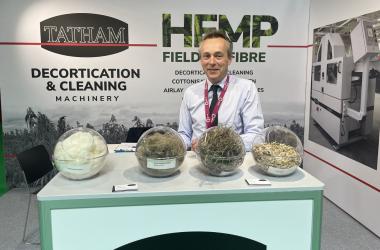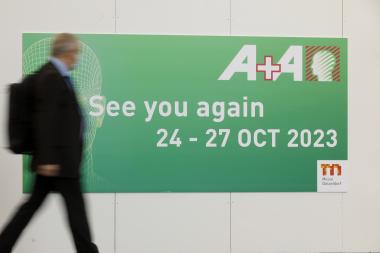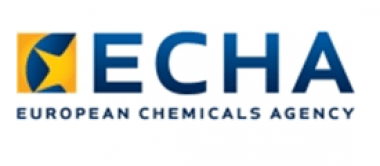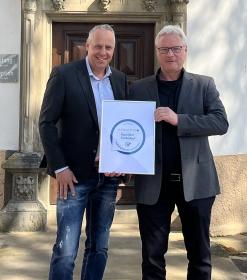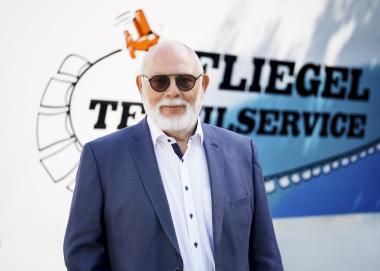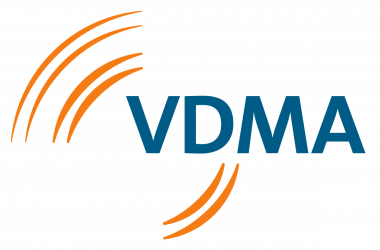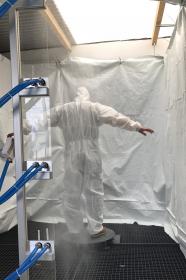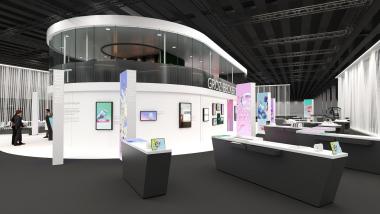Baldwin releases latest PrintEnomic$ eBook
Baldwin Technology Co. Inc. has launched a new set of resources for sheet-fed and web offset printers at PrintEnomics.com with the release of the “Video Didn't Kill the Radio Star. And Digital Didn't Kill Print” eBook.
Its PrintEnomic$ website offers curated resources that analyze trends and issues impacting not only sheet-fed and web offset printers but also narrow web and corrugated printers. Separate eBooks, videos, podcasts and instructional guides are available to help maximize printer profitability in all three specialized areas.
Baldwin is a leading global manufacturer and supplier of innovative process-automation equipment, parts, service and consumables for the printing, packaging, textile, plastic film extrusion and corrugated industries.
More than 5,000 print industry professionals have already downloaded or viewed earlier-released eBooks centered on narrow web (“Untangling the Web”) and corrugated (“From Beast to Beauty”).
Through interviews with customers, industry insiders, in-house engineers – and reviews of the latest reporting – Baldwin explores four trends in the “Video Didn't Kill the Radio Star. And Digital Didn't Kill Print” eBook:
- The resurgence in book publishing
- Labor challenges
- Direct mail marketing as a cure for screen fatigue
- Sustainability
Baldwin Technology Company Inc.








